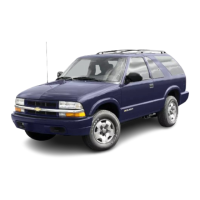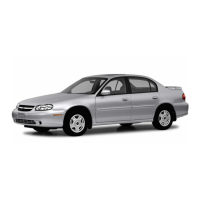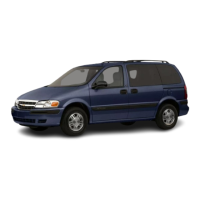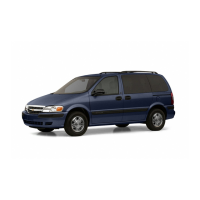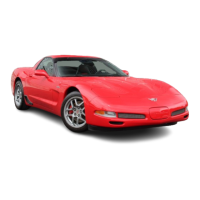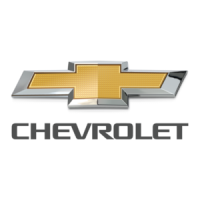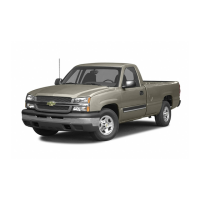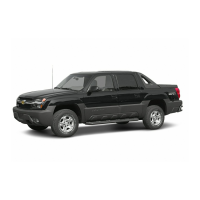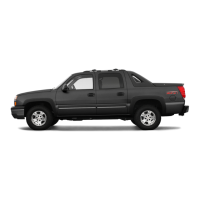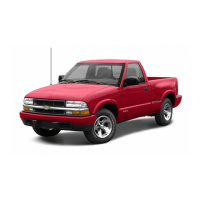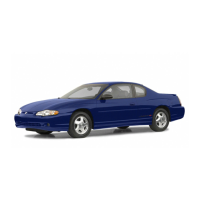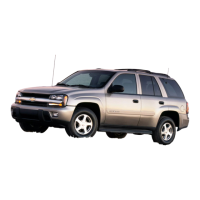Total Weight on Your Vehicle’s Tires
Be sure your vehicle’s tires are inflated to the upper
limit for cold tires. You’ll find these numbers on
the Tire-Loading Information label, located on the
inside of the trunk lid, or see
Loading Your Vehicle on
page 4-32
. Then be sure you don’t go over the
GVW limit for your vehicle, including the weight of
the trailer tongue.
Hitches
It’s important to have the correct hitch equipment.
Crosswinds, large trucks going by and rough roads are
a few reasons why you’ll need the right hitch. Here
are some rules to follow:
• The rear bumper on your vehicle is not intended for
hitches. Do not attach rental hitches or other
bumper-type hitches to it. Use only a frame-mounted
hitch that does not attach to the bumper.
• Will you have to make any holes in the body of your
vehicle when you install a trailer hitch? If you do, then
be sure to seal the holes later when you remove the
hitch. If you don’t seal them, deadly carbon monoxide
(CO) from your exhaust can get into your vehicle.
See
Engine Exhaust on page 2-31
in the Index. Dirt
and water can, too.
Safety Chains
You should always attach chains between your vehicle
and your trailer. Cross the safety chains under the
tongue of the trailer so that the tongue will not drop to
the road if it becomes separated from the hitch.
Instructions about safety chains may be provided by the
hitch manufacturer or by the trailer manufacturer.
Follow the manufacturer’s recommendation for attaching
safety chains and do not attach them to the bumper.
Always leave just enough slack so you can turn
with your rig. And, never allow safety chains to drag on
the ground.
Trailer Brakes
Does your trailer have its own brakes? Be sure to read
and follow the instructions for the trailer brakes so
you’ll be able to install, adjust and maintain them
properly.
• If your vehicle has anti-lock brakes, do not try to tap
into your vehicle’s brake system. If you do, both
brake systems won’t work well, or at all.
• Even if your vehicle doesn’t have anti-lock brakes,
don’t tap into your vehicle’s brake system if the
trailer’s brake system will use more than 0.02 cubic
inch (0.3 cc) of fluid from your vehicle’s master
cylinder. If it does, both braking systems won’t work
well. You could even lose your brakes.
4-37
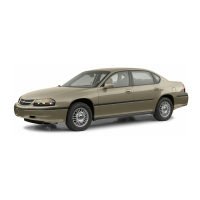
